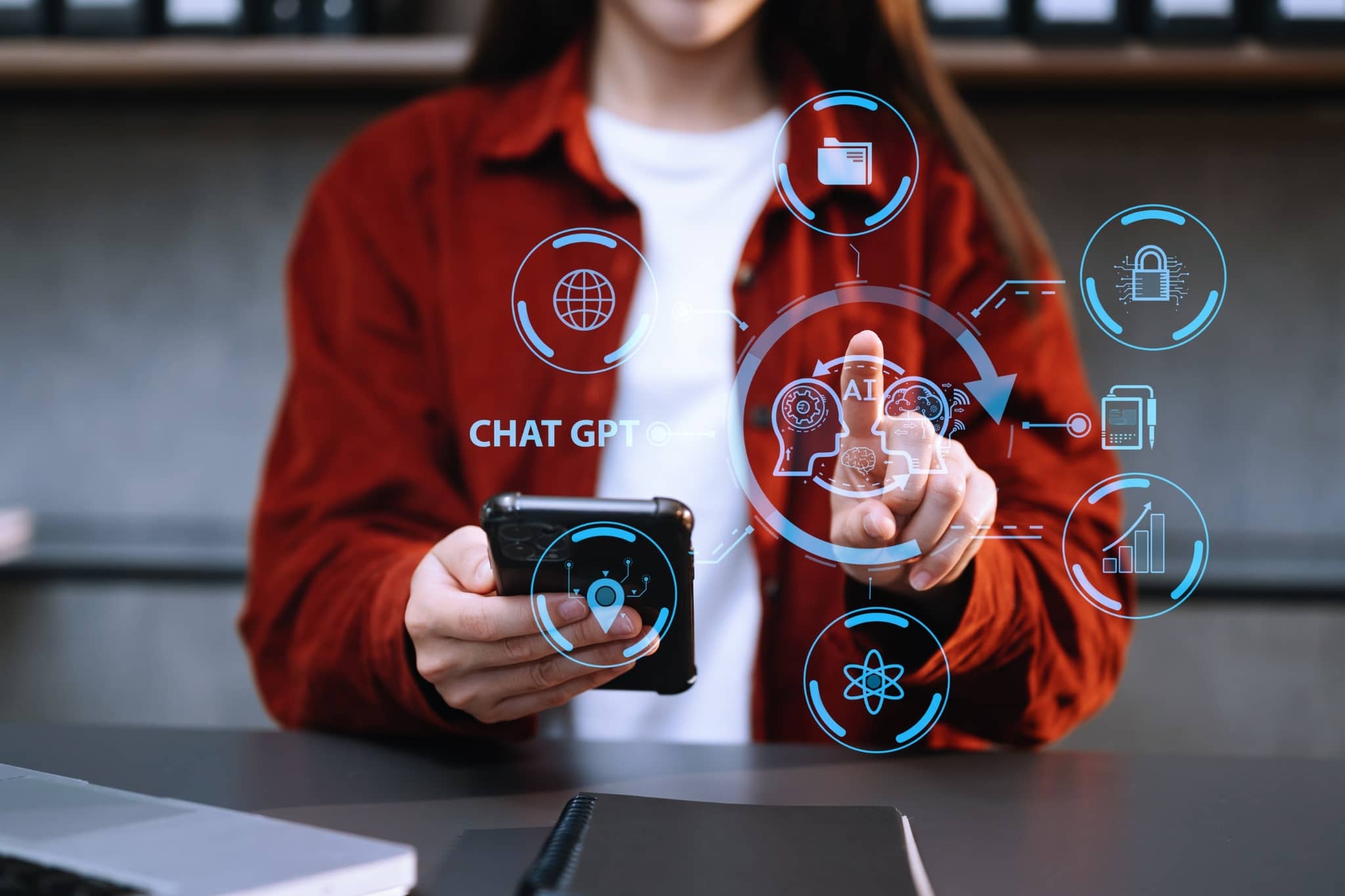
How will AI influence the future of professional skills?
Like the World Wide Web at one time, AI (Artificial Intelligence) is developing more and more in the business world. All areas of business are impacted, and its powerful technology is revolutionizing the world of work. For some of us, AI is seen as a threat, while others, on the contrary, view it as a great opportunity to transform our work "for the better".
One thing is certain: AI is changing us. To take full advantage of AI in your business sector, there's one golden rule: anticipate the skills you'll need to evolve your job and use your role as a human being as added value. 86% of respondents to a BCG X study believe they will need training to upgrade their skills [1]. What impact does AI have on professional skills? How can we best prepare for the growing integration of AI into the world of work? Here's how.t
The potential impact of AI on professional skills
- Automation of routine tasks: AI automates many routines, low value-added tasks, often characterized by repetitive, predictable and structured actions, freeing up workers' time to concentrate on more complex, creative and strategic tasks, where their human skills are required.
- Strengthening analytical and cognitive skills: Professionals need to develop analytical skills to take advantage of AI's capabilities, interpreting the many results it generates. In an increasingly data-driven business environment, AI helps professionals develop critical thinking and problem-solving skills to make better decisions. Listening, humility, curiosity, open-mindedness and the ability to take a step back are personal qualities in high demand in this sense.
- Increasing demand for social and emotional skills: The ability to collaborate with, understand and interact effectively with intelligent systems specific to AI requires professionals to have social skills such as communication, collaboration and understanding of mutual needs for better teamwork and conflict resolution. In addition, workers need to adapt quickly to new technologies and accept change. Emotional skills such as resilience, flexibility and stress management are expected for this.
Key skills to develop for the new world of work
- Analytical and problem-solving skills: It has become essential to be able to analyze data, identify trends and find innovative solutions to problems.
- Creative and critical thinking skills: Developing original thinking skills to encourage innovation and critical thinking skills to step back and manage complex and novel situations is a priority.
- Communication and collaboration skills: Perfecting written and oral communication skills, as well as the ability to work effectively in a team and manage constructive interpersonal relationships, is key. This can only benefit collective intelligence and better performance at work.
- Adaptability and lifelong learning skills: It's important to be well prepared to adapt to technological changes and evolutions in the job market by adopting a lifelong learning approach.
Strategies to prepare for AI in the workplace
- Keep abreast of technological trends: It's vital to keep abreast of advances in AI and the fields likely to be impacted by this technology.
- Develop transferable skills: Investing in general and transversal skills that can be updated and applied to different professional contexts can only be beneficial.
- Take training courses and obtain new certifications: It's a good idea to strengthen your skills by taking specific training courses, obtain certifications and benefit from practical experience in the field of AI.
- Network and learn from experienced professionals: Exchanging with experts in the field of AI to gather valuable advice and information is also recommended.
The world of work is undergoing a paradigm shift with the increasing arrival of AI in many industries. To take advantage of this, it's important to understand its scope and prepare optimally for its integration within the company. The human skills required for a job are not necessarily the same as before. Everyone can make the most of this changing environment by developing new key skills, useful for adapting to the evolution of their profession. The rapid progress of AI also requires a culture of continuous adaptation. In this sense, it's important for human resources (HR) managers to support employees in developing their skills throughout their professional careers and encourage continuous learning. In this way, employees will feel better supported in this ongoing transformation and the impact it has on their jobs.
[1] Study by BCG X, BCG's tech entity, on the impact of AI on jobs among employees in 18 countries across all industries and statuses https://www.bcg.com/publications/2023/what-people-are-saying-about-ai-at-work

